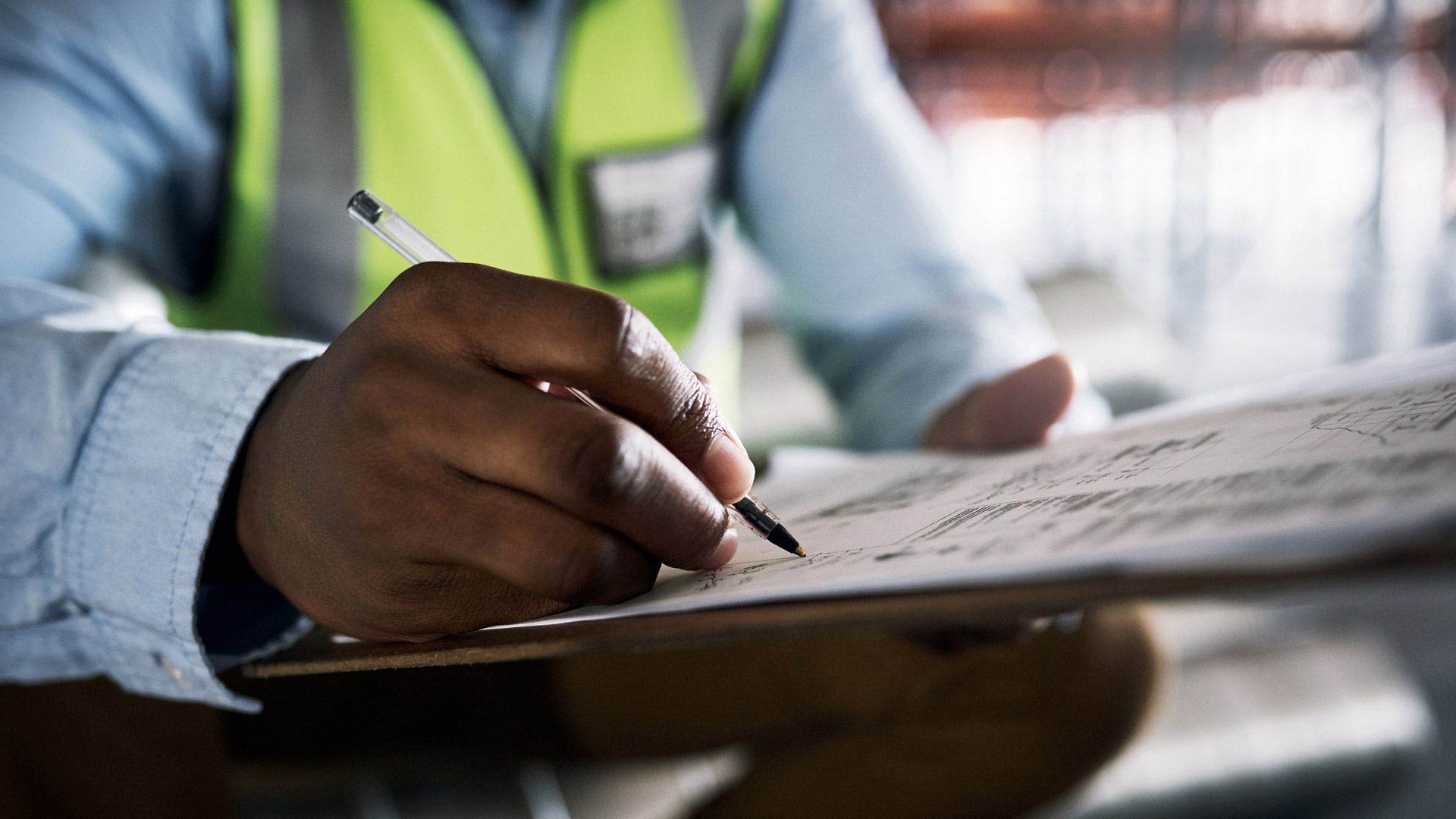The costs of failing to prevent business crime can be numerous. Legal, financial and reputational problems can follow, often all at the same time. This can pose a real threat to the company at the centre of the allegations – no matter how large it is.
As an example, just consider Wirecard. The collapse of the payments firm is Germany’s biggest post-war corporate scandal. Its former head, Markus Braun, has been charged with fraud and embezzlement, €1.9bn has gone missing from its accounts, shareholders are seeking €12bn in compensation and the scandal has led to allegations that regulators and the government failed to conduct proper checks on the company.
Investigations
When such cases do happen, it emphasises the importance of having in place adequate measures to prevent business crime.
This case is just one of many that indicate we are in an era in which it is no longer possible to turn a blind eye to business crime. In the UK alone, the past decade has seen the introduction of the Bribery Act, increased measures to tackle money laundering, a greater onus placed on financial institutions to report their suspicions and tougher legislation regarding tax offences, not to mention increased funding being made available to the Serious Fraud Office (SFO) and the creation of the National Crime Agency (NCA) and the Financial Conduct Authority (FCA).
It is fair to say that if business crime is being perpetrated in your company and you fail to investigate, it may only be a matter of time before the damage is irreparable. And that, as Wirecard has shown, can have massive implications.
Expertise
Some in business may feel they have no need to investigate any suspicions of wrongdoing because information about such activities will never ‘leak out’’ to anyone else. For the reasons listed above, that would be a huge mistake. Others may have suspicions but feel that they lack the relevant expertise to investigate.
Expertise is available to any company that needs assistance when it comes to seeking evidence of wrongdoing and following the evidence trail. Such an investigation is the only genuine course of action open to companies that need to establish the facts regarding suspicions of wrongdoing by staff or trading partners. It also provides the person or company that commissioned the investigation with a number of options once the facts have been established.
Options
If an investigation indicates that fraud has been perpetrated, a company can:
- Report the matter to the police or other agency; for example, the SFO. That organisation will then decide whether there is enough evidence to make it worth bringing a criminal prosecution.
- Initiate civil proceedings against the person or persons believed to have committed the offence, in order to recoup what the company believes it has lost due to the criminal activity.
- Bring a private prosecution, under the Prosecution Offences Act 1985, against the person or persons that the company suspects of wrongdoing.
If an investigation has identified wrongdoing, a private prosecution can be a swift response. It can be less expensive than civil proceedings, gives you greater control of proceedings than if you let the police or other agency handle the prosecution, and it has deterrent value.
It is possible to initiate civil proceedings while reporting the matter to the police or bringing a private prosecution.
Liability
What a company also has to determine, however, when wrongdoing is suspected, is the issue of corporate liability as opposed to personal liability.
Prosecuting authorities often find it difficult to establish corporate criminal liability. But that is certainly not the case with the UK’s Bribery Act. The Act makes it a strict liability offence – no intention needs to be proved – for a company to have any connection to bribery via its staff, representatives or third parties. The company commits an offence under the Act if a person associated with it bribes another person intending to obtain or retain business for the company or gain an advantage in the conduct of business for the company. But a company that is charged with failure to prevent bribery, under Section 7 of the Act 2010, does have a defence if it can show that it had adequate procedures in place to prevent bribery.
If a company is found to have committed an offence, it is almost inevitable that individuals associated with it have committed an offence. It is worth noting also that just because a company is not prosecuted for its wrongdoing, this does not mean that the individuals allegedly involved will not be. But both a company and its individuals have to be alert to the possibility of, and the need to investigate, wrongdoing.
Aziz Rahman is Senior Partner at business crime specialists Rahman Ravelli.
You may also be interested in
RELATED CONTENT
RELATED COURSES

The Selection and control of contractors course is designed for individuals who are responsible for selecting and managing contractors in the workplac...

The world’s best-known health and safety certificate, designed for managers and supervisors in any sector or organisation.

IOSH Safety for Executives and Directors is designed for those who have operational or strategic accountability for a company.

The Risk Assessment and Method Statement (RAMS) course examines the HSE’s recognised five-step approach to risk assessment.

The Bribery Act 2010 (BA 2010) came into force on 1 July 2011, making significant changes to anti-corruption law in the UK.

If one of your employees is caught accepting a bribe, what can you do about it? And what steps should you take to ensure that your organisation does n...

The Department for International Trade has produced the following advice on business integrity for companies, to manage risk of bribery and corruption...